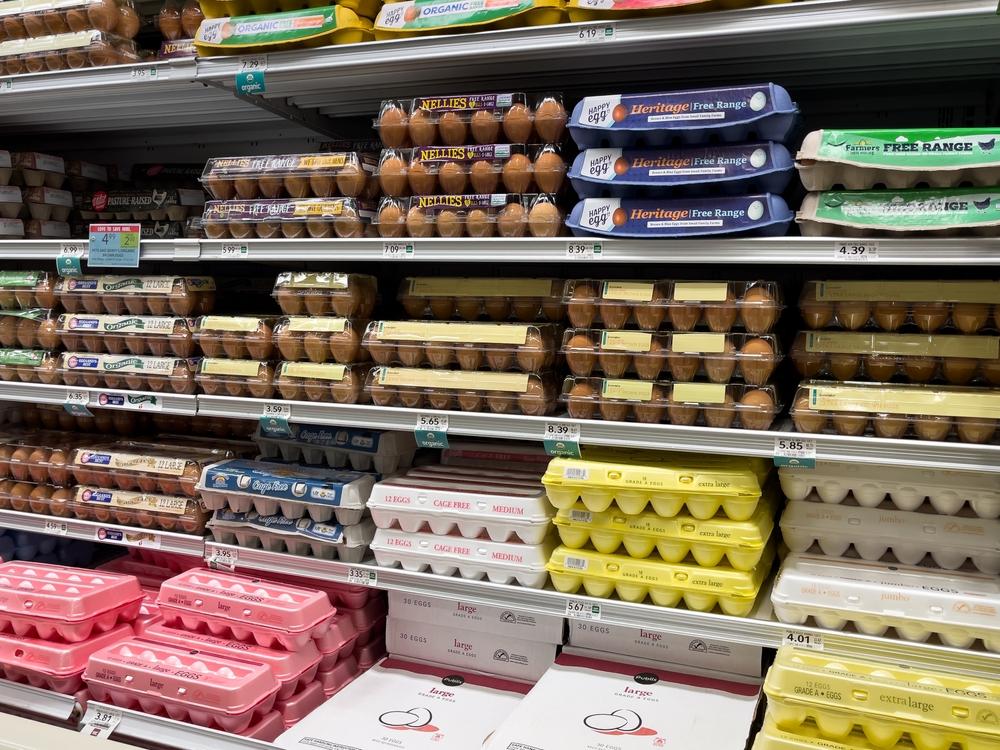Avian Flu Drives Up Egg Prices, Again
A year after high egg prices dominated headlines and everyday conversations, cases of highly pathogenic avian influenza (HPAI) are impacting the market during a traditionally strong selling season.
According to the U.S. Department of Agriculture’s latest livestock, dairy and poultry market report, new outbreaks of HPAI have surfaced in California, affecting supplies. The USDA also adjusted overall egg production down for the first quarter of 2024 due to lower inventories and described the current HPAI detection situation as one of “sporadic outbreaks.”
Industry analyst Matt Pavich, senior director of strategy and innovation for Revionics, an Aptos company, put the higher prices in context with government’s latest Consumer Price Index (CPI) data. “Looking at grocery, the grocery CPI was 0.0%. If you were to remove eggs from that, inflation is actually going down,” he told Progressive Grocer in a recent interview.
To his point, the CPI data shows that the egg prices went up 5.8% in February from the previous month, following a 3.4% increase from December to January. Other commodities, including dairy and chicken, posted declines last month.
While current egg prices are off their peak from early 2023, the uptick may not be a short-term blip. “I’m not an epidemiologist, but it does appear to be a particularly nefarious strain in how it’s affecting supply and pricing. I feel there will continue to be an issue in the supply chain with eggs,” Pavich noted.
Thankfully, he added, acute shortages don’t seem to be a problem for now. The main concern is price ahead of the egg-centric holiday of Easter. “You have this convergence with peak egg season,” Pavich said, adding, “Retailers are trying to strike that balance. As we are getting closer to Easter, they need to be competitive on eggs and meats, like ham.”
Because there are different pricing levels based on egg types, ranging from traditional commodity eggs to higher-end pasture-raised eggs and cage-free eggs, grocers do have options for promotions and pricing. “They can start with lower priced eggs or try to shift people from one type to other,” Pavich remarked.
On a broader level, Pavich said that any hike in price will be noticed by consumers battered by inflation over the last few years. “Most studies show that it takes about 18 months for consumers to realize that inflation has died down. The economy looks good, inflation is good, but consumers are saying that prices are not,” he added.







